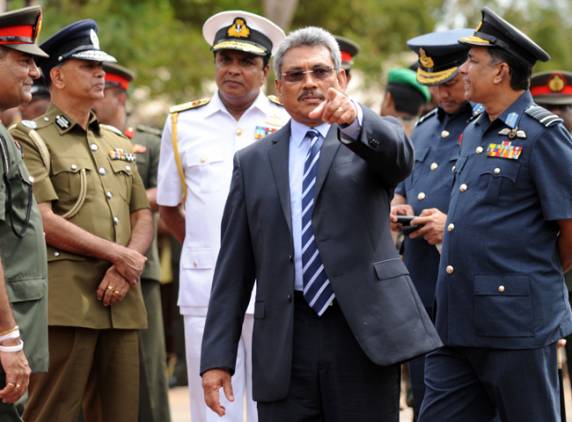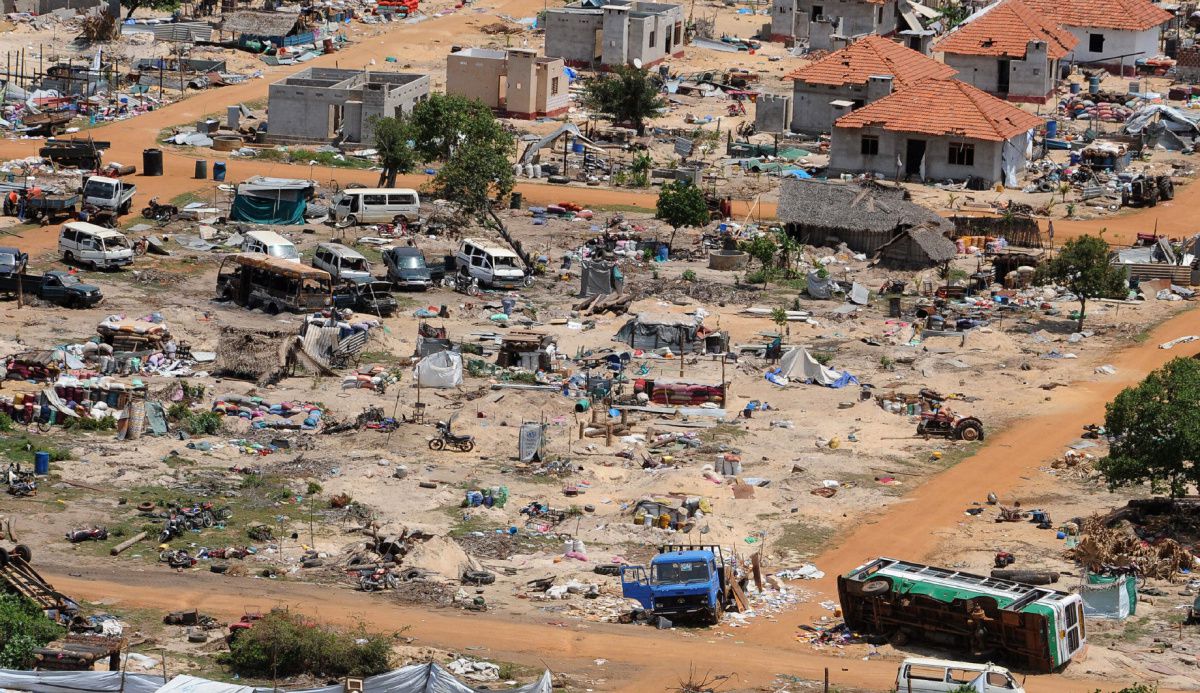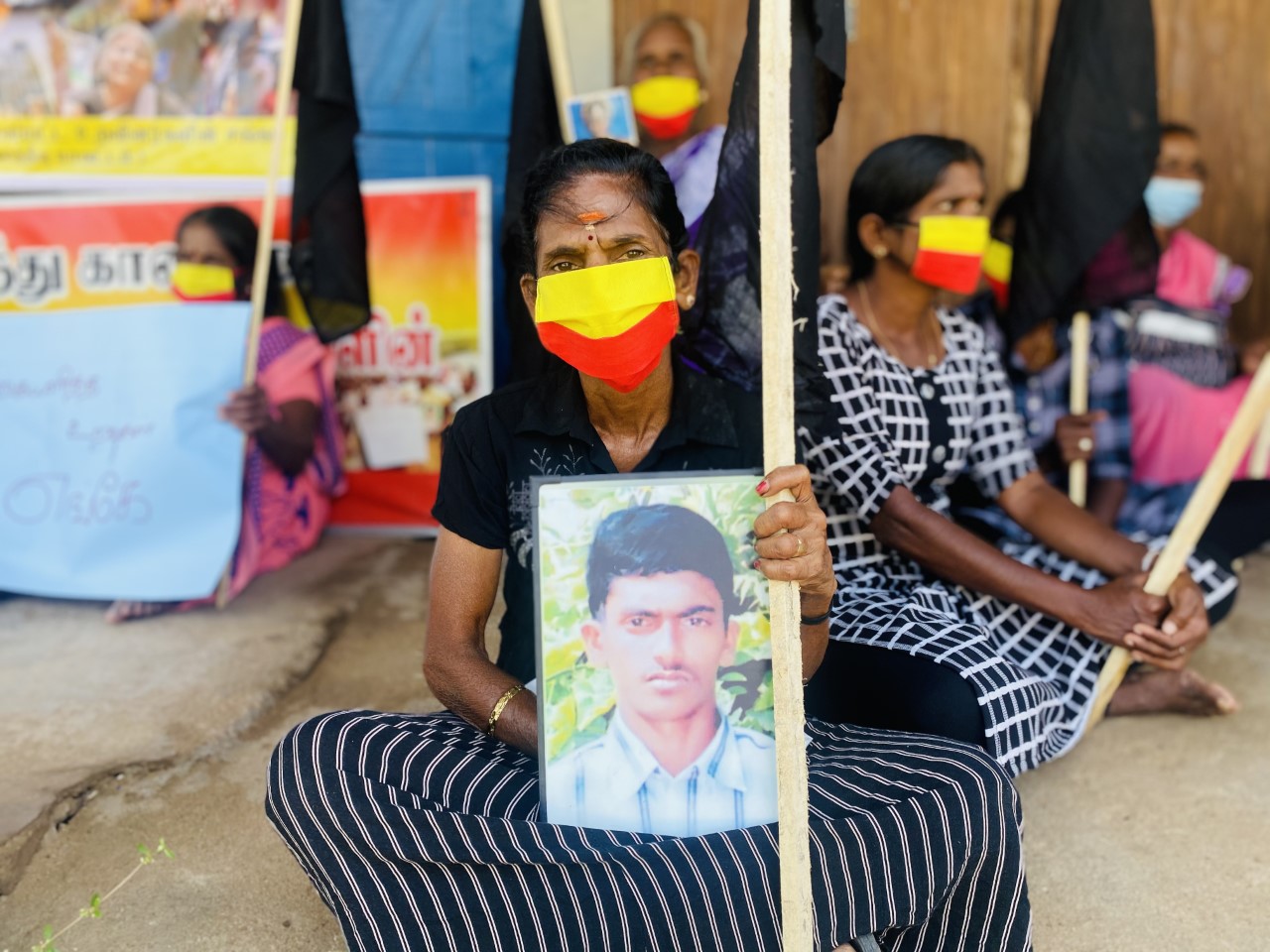
In a lengthy address to Sri Lanka’s parliament this morning, Gotabaya Rajapaksa doubled down on denying human rights violations had taken place under his command and instead blamed “misconceptions” in the international community.
“We need to correct the misconceptions that have been taken to the international community in the past regarding our human rights,” he stated.
“I say with responsibility that during my tenure, the government did not support any form of human rights violations. We will also not leave room for any such act in the future. We do not condone such actions in any manner.”
His latest statement, which follows a long history of denials, comes extensive UN reports, witness testimonies and even documentaries that have examined crimes committed by the Rajapaksa regime. In 2009, whilst serving as defence secretary, he oversaw a Sri Lankan military offensive that killed tens of thousands of Tamil civilians.
See more in our features:

The aftermath of the massacre at Mullivaikkal.
However, Rajapaksa reflected on that period by telling parliament “in 2009, we were able to end this situation by defeating terrorism and bringing peace back to the country”.
“It was during my time as Defence Secretary that more than 90% of the land in northern and eastern areas used for military activities during the war was liberated,” he continued.
“Since we are able to ensure security and maintain peace in these areas, this will enable us to liberate remaining lands in the future,” he added, but did not elaborate on any further land that was earmarked for ‘liberation’.
Across the North-East vast swathes of land remain under military control, whilst several other areas have been either seized or attempted to have been acquired by Sri Lanka’s military or archaeology department.

A relative of a forcibly disappeared Tamil man at a protest last year.
Rajapaksa went on to allude to the Tamil families of the disappeared who have been protesting for years on the roadsides of the North-East, demanding justice for their loved ones. “The issue of missing persons in war is not something unique to a particular group,” he claimed. “We will do maximum justice on behalf of all such persons,” Rajapaksa continued, but again did not detail what this actually meant. Dozens of family members have died since the protests began. None have received any further information on the whereabouts of their loved ones.
“We reject racism,” Rajapaksa claimed. “The present government wants to safeguard the dignity and rights of every citizen in this country in a uniform manner. Therefore I urge those politicians who continue to incite people against each other for narrow political gains to stop doing so.”
He went on to state that his government was “preparing to make relevant amendments to the Prevention of Terrorism Act” under which Tamil political prisoners remain in custody and which has been used to arrest several Tamils in recent months. The act has been slammed as “draconian” by international human rights organisations for decades, and Tamils have repeatedly called for the law to be repealed entirely.
“We are always ready to respond positively to observations made by the international community while giving priority to the country’s sovereignty and national security,” Rajapaksa said. “We are a free sovereign nation.”
His address also touched on the island’s crippling economic crisis, as well as a range of other issues.
Read the full text of his speech here.
